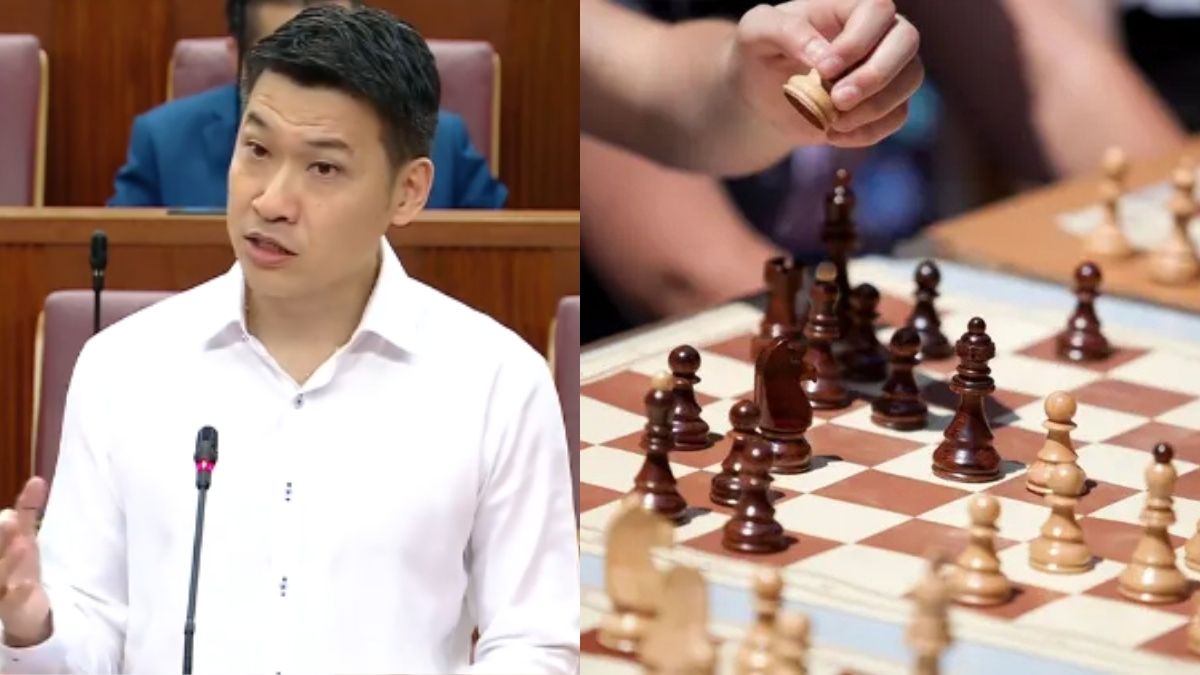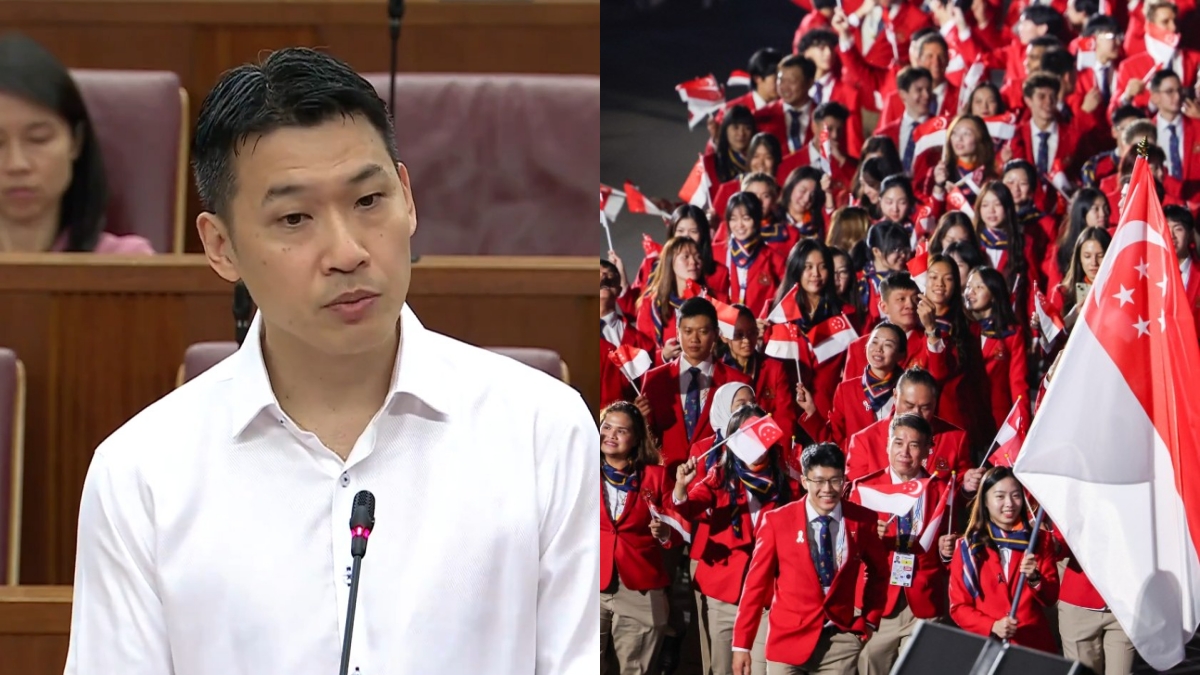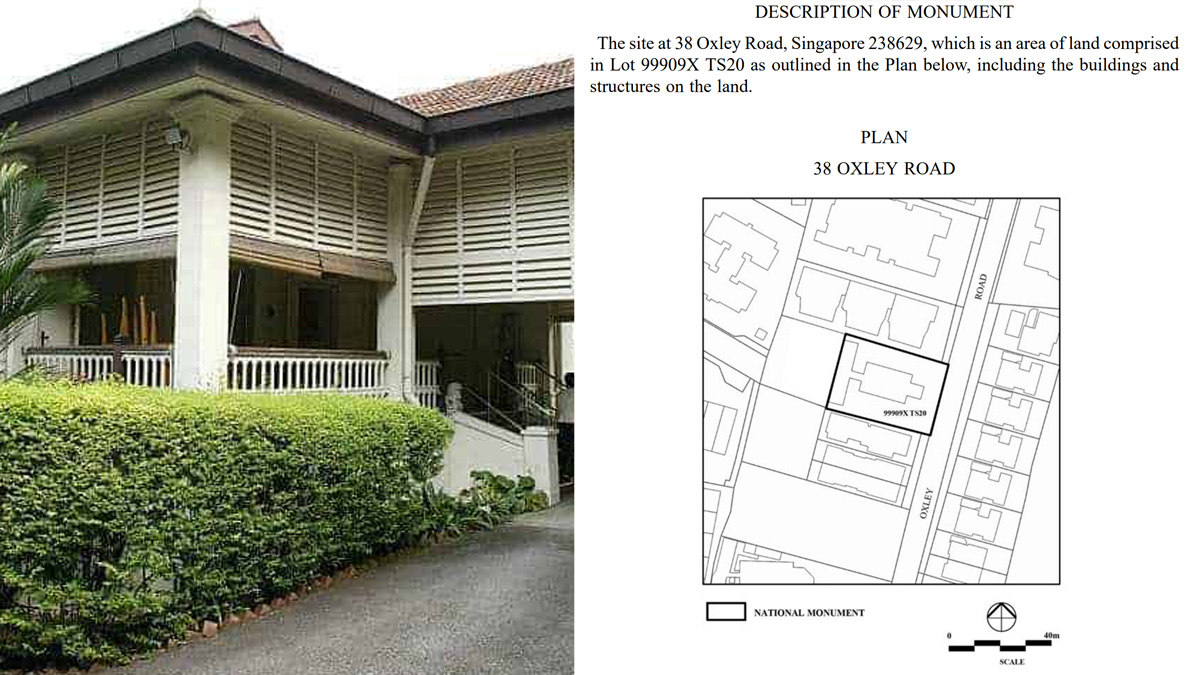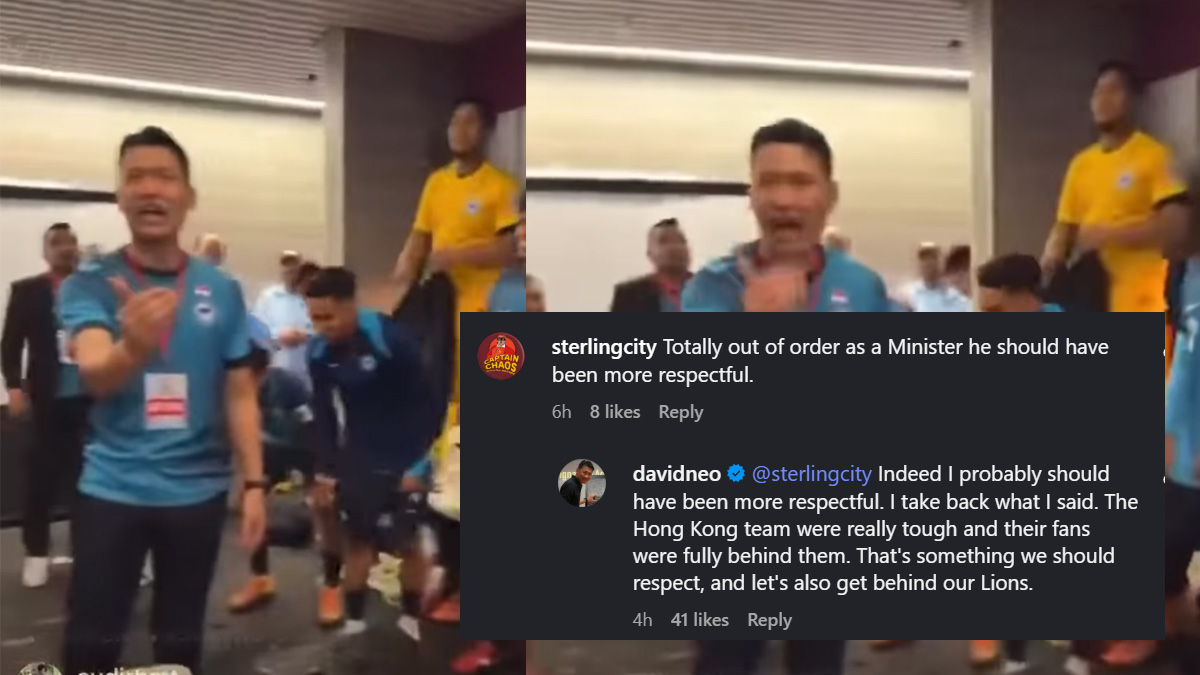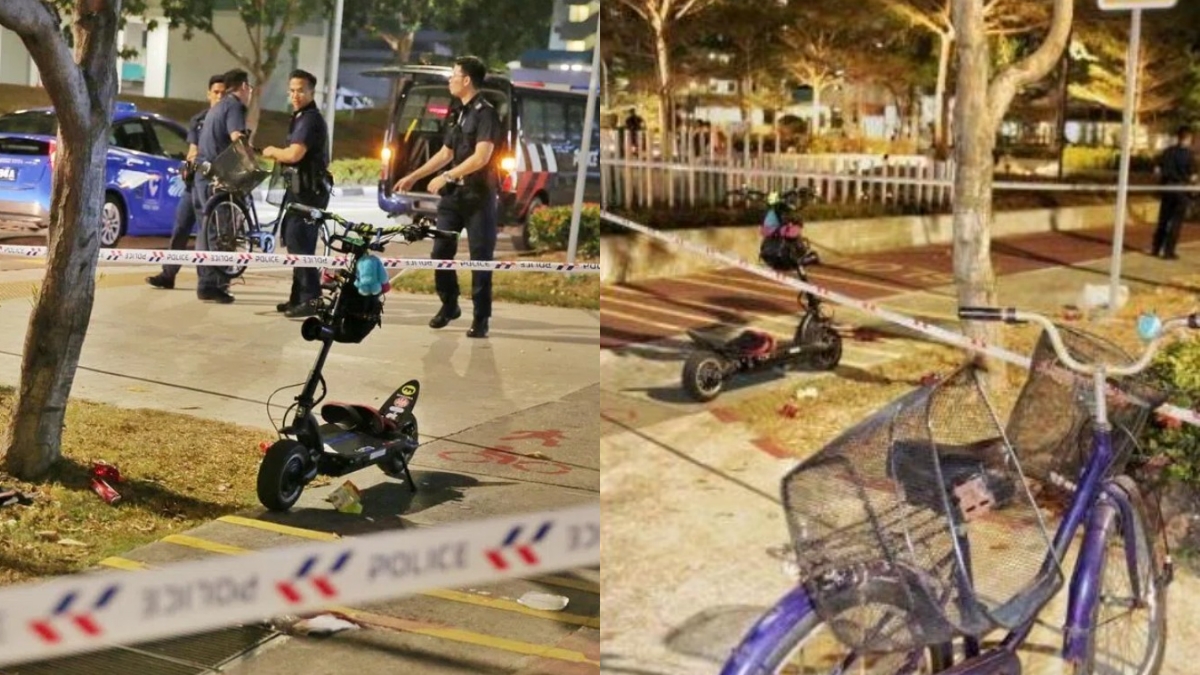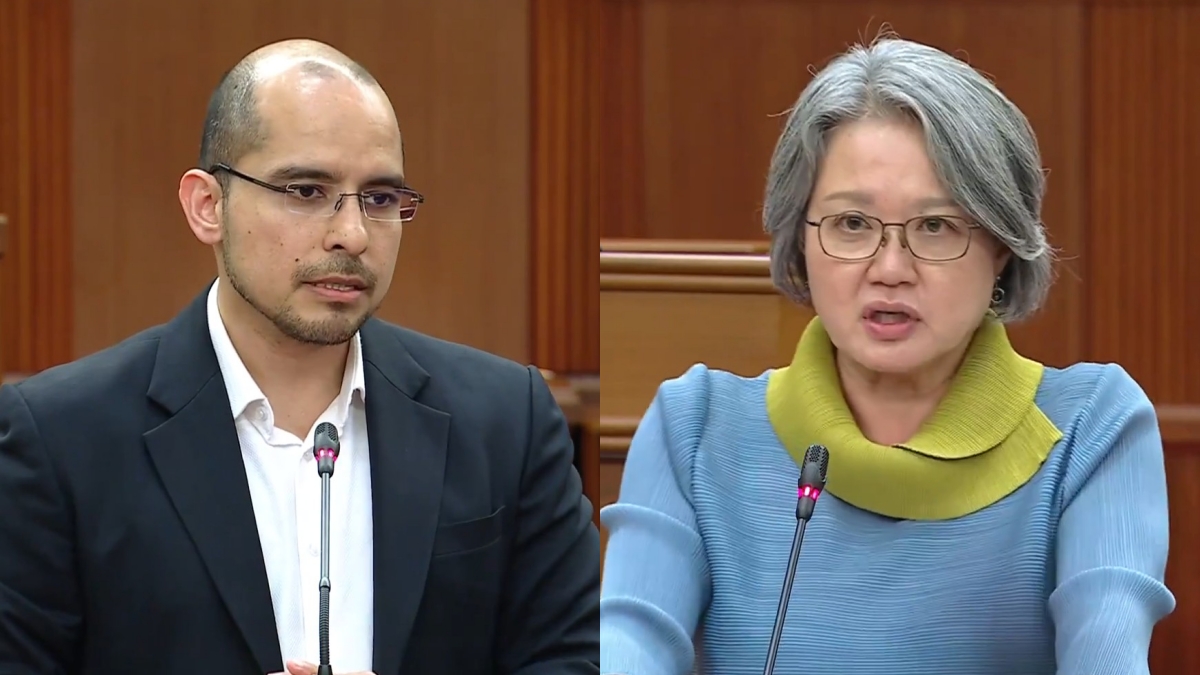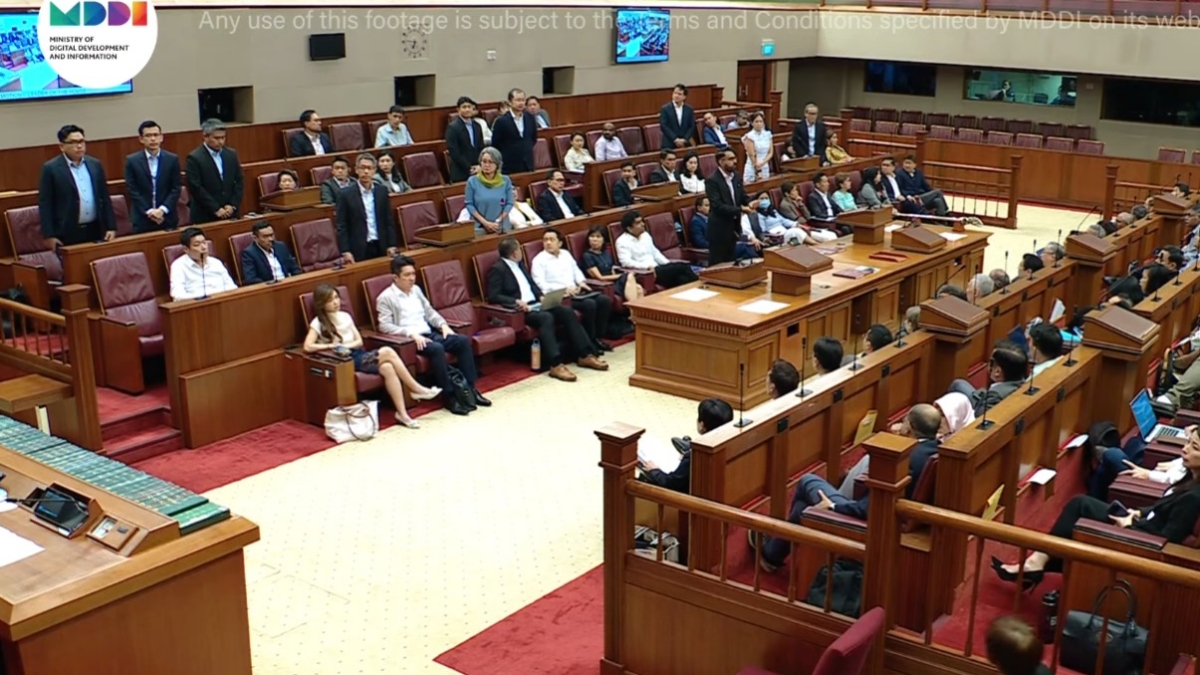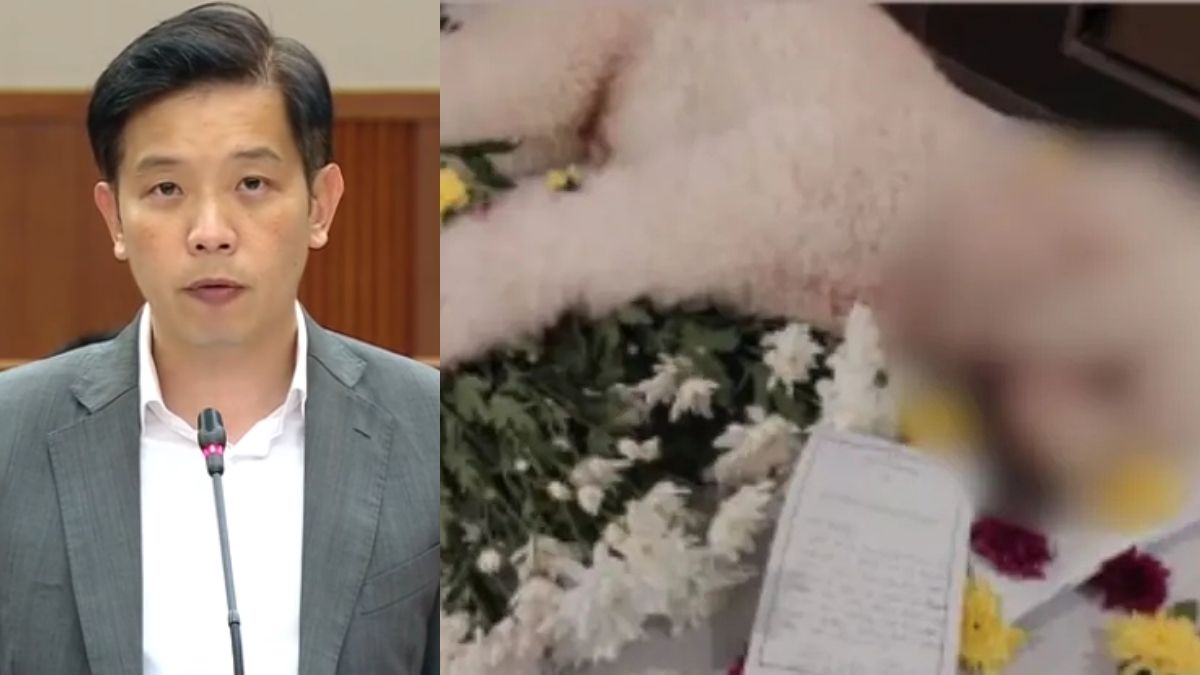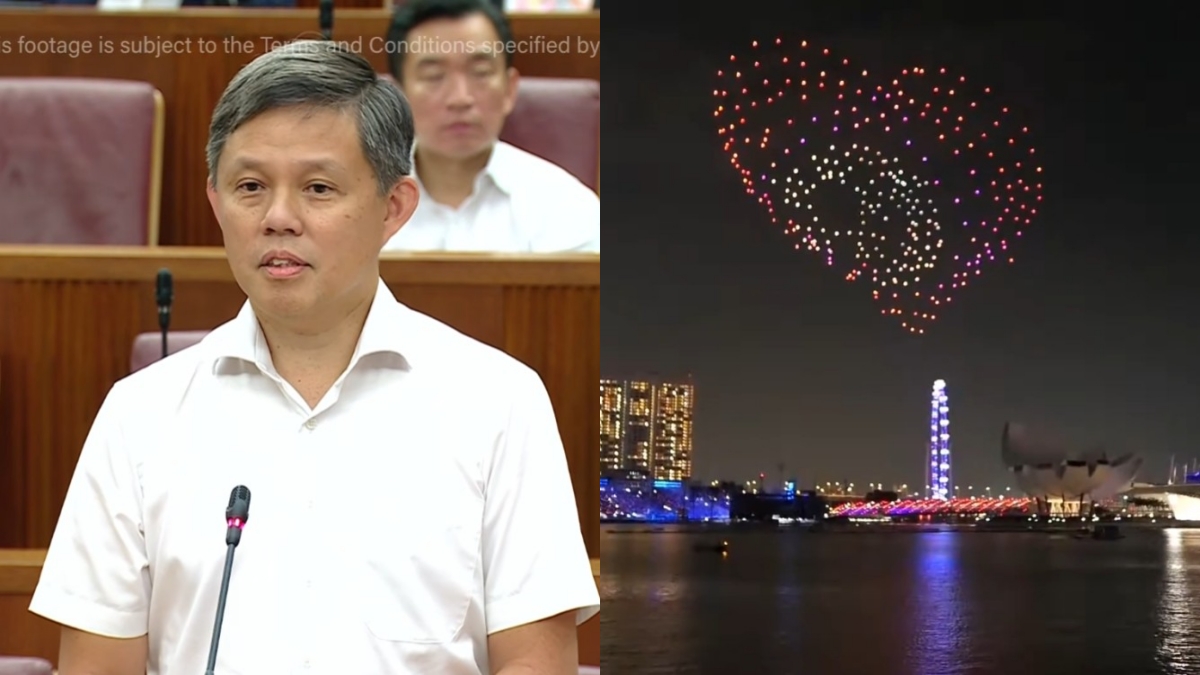David Neo: Preserving 38 Oxley Road will not memorialise any leader; objection will be considered objectively
Acting Minister for Culture, Community and Youth David Neo told Parliament on 6 November 2025 that preserving 38 Oxley Road, the family home of Lee Kuan Yew, aims to safeguard Singapore’s history rather than memorialise any single leader. He said all objections to the gazette order will be considered objectively and fairly.
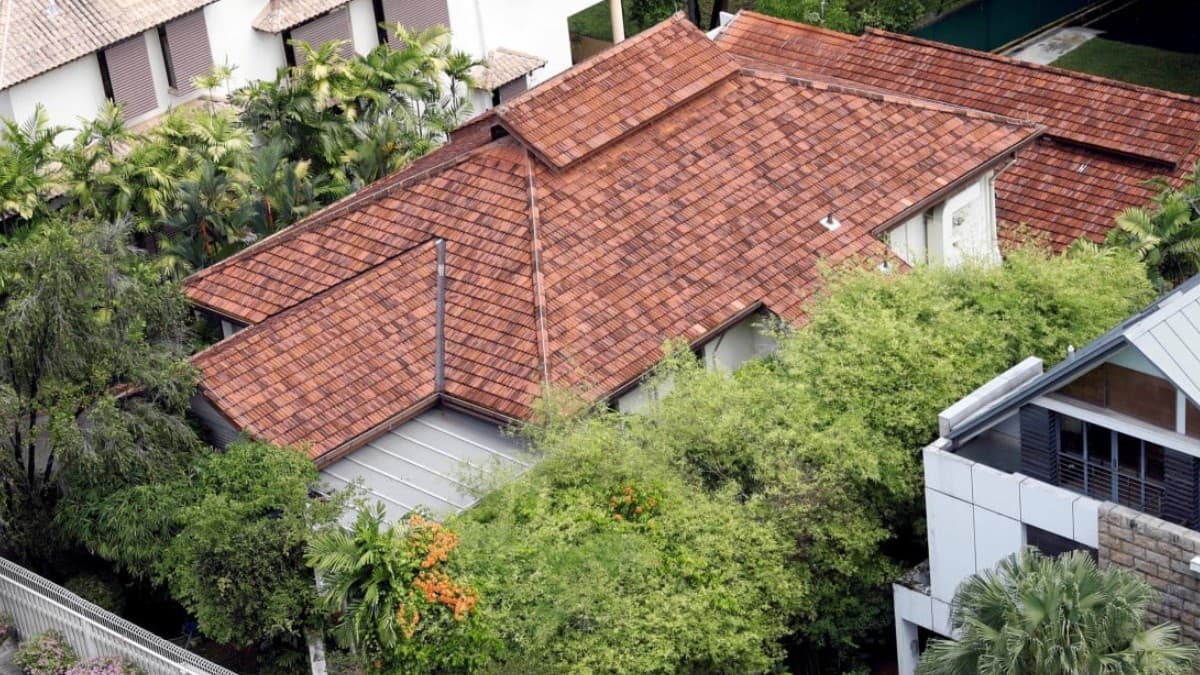
- Acting Minister David Neo says preserving 38 Oxley Road is about history, not personal tribute.
- Government to consider objections fairly before any preservation order is made.
- Decision aligns with a 2018 recommendation for future leaders to make a considered judgment.
SINGAPORE — Acting Minister for Culture, Community and Youth David Neo delivered a ministerial statement in Parliament on 6 November 2025, addressing the Government’s intention to preserve 38 Oxley Road as a national monument.
He emphasised that the move was not meant to memorialise any individual leader, but to safeguard Singapore’s historical legacy for future generations.
“In preserving the site, we are not memorialising any single leader. We are safeguarding the grounds where future generations can stand – to understand where we came from, who we are, and what we overcame together,” Neo said.
Decision described as “the most responsible” approach
Neo explained that the Government had chosen what he called “the most responsible approach” in dealing with the future of 38 Oxley Road.
He cited a 2018 report by a ministerial committee, which recommended that a future government should make an informed and considered decision on the matter when necessary.
“This is the future government and the time is now,” Neo said. “We will take deliberate steps to decide, and we will do so in the best interest of Singapore and Singaporeans, now and for the future.”
Historical sites as lasting links to the nation’s past
Neo underscored the importance of preserving physical spaces that witnessed key moments in Singapore’s history, calling them “our only links to those pivotal moments in time.”
“There will come a time when no one who has lived through Singapore’s struggle for independence will be around to recount these stories firsthand. But the sites and markers that we choose to keep today will continue to speak for them,” he said.
He reiterated that the preservation of 38 Oxley Road was part of a broader effort to maintain tangible reminders of Singapore’s journey towards nationhood.
Notice of intention and due process
The Government announced on 3 November 2025 its intention to gazette 38 Oxley Road — the family home of Singapore’s founding Prime Minister, Lee Kuan Yew — as a national monument.
Following standard procedure, a 14-day notice of intention was served to the owner and occupier of the site, allowing them to submit objections to the National Heritage Board (NHB).
Neo stated that the NHB would review any objections received and provide recommendations, which he would consider “objectively and fairly” as part of due process.
Should the preservation proceed, the Government will issue a formal preservation order and begin the process of acquiring the site to eventually make it accessible to the public.
Land acquisition and compensation process
Neo explained that any acquisition would be conducted in line with established legal processes under the Land Acquisition Act.
The Singapore Land Authority (SLA) would determine compensation, taking into account claims submitted by the owner or other interested parties.
A professional valuer will assist SLA in determining the market value of the property.
If dissatisfied with the compensation, the owner may file an appeal with the Land Acquisition Appeals Board.
Plans to conclude within current government term
Neo stated that the Government intends to finalise its plans for the site’s use and configuration within its current term, which ends by 2030. This includes decisions on the treatment of the existing buildings and structures.
Until then, there will be no public access to 38 Oxley Road.
Lee Hsien Yang’s objections and remarks
The announcement has drawn public attention, including strong objections from Lee Hsien Yang, the younger brother of Senior Minister Lee Hsien Loong.
In a statement on 3 November, Lee Hsien Yang accused the Government of disregarding their late father Lee Kuan Yew’s “unwavering wish” to have the family home demolished.
He described the decision as one that “tramples on Lee Kuan Yew’s clear and private wish,” and argued that the Government’s move disrespected his father’s legacy and values.
Lee also noted that the Founders’ Memorial already serves as a “large and costly monument,” claiming that his father had opposed any form of personal commemoration.
Preservation not about structures but historical value
In Parliament, Neo clarified that the Government’s considerations pertain to the entire site, rather than just its buildings or structures.
“Preserving the site does not obligate the Government to keep the buildings and structures within it in their current condition,” he said, adding that the authorities have yet to enter the site to assess the condition of the buildings.
Neo explained that this was one reason the Government chose to preserve the site as a whole rather than only selected parts.
Once access is granted, detailed studies will be conducted to assess the condition of the buildings, evaluate potential preservation options, and weigh costs and benefits.
He added that all options remain open, including those outlined in the 2018 ministerial committee report, such as partial or full demolition of the existing structures.
Respecting the Lees’ private living spaces
Neo reiterated that regardless of the final approach, the Government would honour the wishes of Lee Kuan Yew and his wife, Kwa Geok Choo, by ensuring their private living spaces are not displayed, recorded, remodelled or duplicated.
“Under no circumstance will the interior of the house as Lee Kuan Yew and Kwa Geok Choo knew be displayed or recorded or remodelled or duplicated elsewhere,” he said.
Potential conversion into a heritage park
If the site is preserved and acquired, it will be converted into a public space such as a heritage park, according to earlier statements by the NHB and SLA.
This means the site cannot be redeveloped for residential, commercial, or private use.
Neo noted that other countries have similarly transformed significant national sites into public heritage spaces, citing examples such as the Gandhi Ashram in India and the Independence National Historical Park in the United States.
These sites, he said, underwent modifications to enable public engagement while maintaining historical value.
“That’s why we are keeping an open mind as to the treatment of the buildings and structures within the site,” he added. “We will strive for a solution that will unite us as a country, rather than allow this to become a point of contention or division.”
Balancing legacy and national unity
Throughout his statement, Neo emphasised the Government’s commitment to balancing historical preservation with respect for individual legacies and the collective memory of Singapore’s people.
He said the approach adopted reflects a measured and responsible decision, grounded in the principles outlined by the 2018 ministerial committee.
“We will take deliberate steps to decide, and we will do so in the best interest of Singapore and Singaporeans, now and for the future,” he said.


